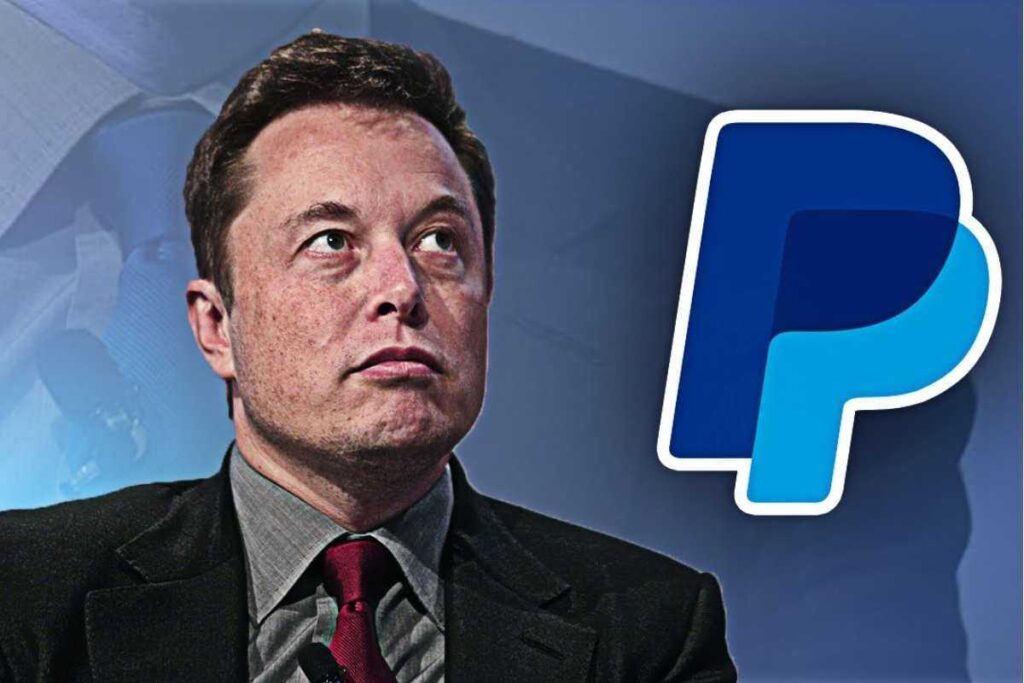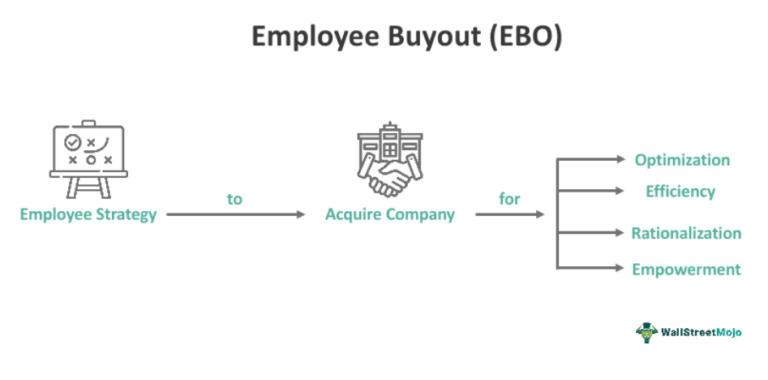
Audience
- Sentiment: Cautionary
- Political Group: Progressive
- Age Group: 18-35
- Gender: All
Overview
- Elon Musk’s new payment system, X Money, aims to simplify money transfers but raises concerns about consumer protection.
- The CFPB plays a critical role in overseeing financial institutions and protecting consumers, which may be threatened by Musk’s activities.
- Senator Elizabeth Warren emphasizes the importance of accountability and oversight in the rapidly evolving digital finance landscape.
The Future of Finance: Elon Musk, X Money, and the Role of the CFPB
Have you ever used your phone to send money to a friend? Maybe you grabbed lunch together, and instead of going to the ATM to withdraw cash, you simply sent them money through an app. This kind of instant payment has changed how we handle our finances, and it’s a huge part of our digital world today. But with exciting innovations come questions about safety, oversight, and who’s really looking out for consumers like us. One of the big names in this discussion is Elon Musk, the tech entrepreneur behind Tesla and SpaceX, who is now making waves with his plans for a new payment system called X Money on his social media platform, X (formerly known as Twitter). However, his involvement with the Consumer Financial Protection Bureau (CFPB) has sparked a great deal of conversation—and concern—about what this could mean for our money.
Who is Elon Musk, and Why Should We Care?
If there’s one person who’s reshaping industries left and right, it’s Elon Musk. He didn’t just create a car company; he’s also plotting trips to Mars! Not to mention, he’s the one who revolutionized how we think about electric vehicles and solar energy. Given his track record, it’s no wonder people are intrigued—and nervous—about his latest venture into digital payments.
With X Money, Musk aims to make sending and receiving money as simple as tweeting (or “X-ing,” as it were). Imagine being able to send your friend cash instantly through an application without the hassle of traditional banks! However, while this sounds great, there are some downsides that need to be considered.
What is the CFPB?
The Consumer Financial Protection Bureau, or CFPB, was established in 2010 after the 2008 financial crisis, which led to a massive recession that impacted millions of people. The purpose of this agency is simple: to protect consumers in the financial space. It makes sure that banks and other financial institutions do not take advantage of people. Think of it as a watchdog that ensures that everyone, especially those who are less financially savvy, is treated fairly and has their rights protected when dealing with money.
One of the key roles of the CFPB is to oversee both traditional banks and new tech firms that enter the financial market. This is crucial because technology has changed how we manage and think about money. While it’s exciting to have new options, it can also lead to a lack of protections if companies act irresponsibly.
The Conflict of Interest
Now, here’s where things get a bit sticky. Musk’s team is reportedly working to disrupt the CFPB’s operations, and it coincides with the launch of X Money. Critics say this raises important questions about conflicts of interest. Can someone who is trying to offer a new digital payment service be held accountable by an agency they’re actively trying to undermine? It feels a bit like having a referee who’s also playing on one of the teams in a game. How can we trust that the rules will be enforced fairly?
The Importance of Oversight in Digital Finance
With the rise of digital payment systems, it’s essential that we maintain certain checks and balances to protect consumers. Digital payment platforms have grown significantly—think about how you may use Venmo, Cash App, or PayPal regularly, each providing you with an alternative to traditional banking. While these services offer convenience, they also come with potential drawbacks like lack of transparency and fewer protections when things go wrong.
For instance, if you’re using a digital payment system to settle a bill and something goes awry—like you accidentally send money to the wrong person—what happens next? Traditional banking systems have processes in place for resolving disputes and protecting consumers against fraud. But with some new digital services, it isn’t always clear what protections exist.
This is where the CFPB comes into play again. By ensuring that these digital platforms adhere to specific rules and regulations, consumer protections are more solidly in place. If Musk’s push to freeze or disrupt the CFPB continues, it raises concerns about what could happen in the world of digital payments. Would companies feel less pressure to keep consumer interests in mind, knowing they wouldn’t be under the CFPB’s watchful eye?
The Cautionary Words of Senator Elizabeth Warren
One person who is deeply concerned about this issue is Senator Elizabeth Warren. She has been a vocal advocate for consumer protections, surrounding financial systems and institutions. Warren has warned that diminishing the power of the CFPB could lead to significant risks for consumers, especially those who might not understand the intricacies of digital finance.
Warren emphasizes the importance of accountability and oversight as digital services continue to grow in popularity. For those of us who grew up in the age of online banking, it might seem ridiculous to think about our money being treated like a game. But without the right regulations in place, that’s exactly what could happen.
The Future of X Money
Let’s switch back to X Money for a second. What does the future hold for this new payment system? On one hand, you can envision a fast, convenient way to transfer money through X, potentially attracting a massive user base. If Musk succeeds in creating a streamlined system, it could change the way we think about digital payments entirely. But those benefits come with some serious responsibilities.
The concern isn’t just about how easy it is to send money; it’s also about things like privacy, fraud protection, and ensuring that users aren’t taken advantage of. Musk has an impressive track record with innovation and entrepreneurship, but there’s a slippery slope when innovative ideas clash with the fundamental need for consumer protection.
The Bottom Line: What It Means for You
So, what does all of this mean for you, the average consumer? We find ourselves at a pivotal point in how we handle our finances, driven by technology. While being able to send money at the tap of a button is phenomenal, we must remain alert and demand that our rights as consumers are not only acknowledged but protected. It’s crucial that we understand what’s at stake, especially when influential figures like Elon Musk are involved.
The conversation doesn’t stop here. As more companies enter the financial sphere, it’s up to us to voice our opinions and demand accountability. Consumer protection matters, particularly when our money—our hard-earned cash—is on the line.
What Do You Think?
As we dive further into this new digital landscape fueled by innovation, the question remains: how can we ensure that our rights and protections are not left behind? What are your thoughts on Elon Musk’s plans for X Money? Do you feel comfortable using digital payment platforms, or do you worry about the safety and security of your money? Share your thoughts in the comments!





